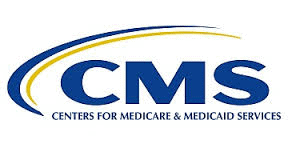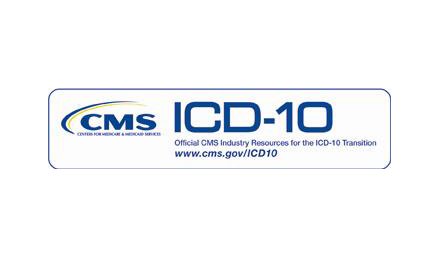Date-of-services rules can be cumbersome on a good day—and can even turn an otherwise good day into a major headache for coders. A Medicare administrator contractor (MAC) put forth a provider outreach and education (POE) recommendation recently aimed at leveling out that “uphill battle” when it comes to complying with date-of-service requirements. An article in published online by DecisionHealth recommends clarifying the specific date-of-service rules your urgent care center follows when reporting common radiology, pathology, …
Read More





